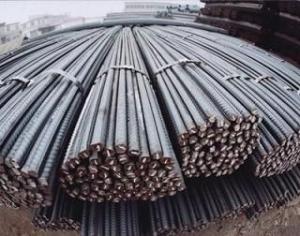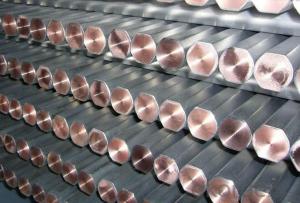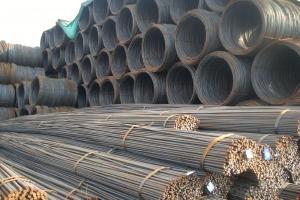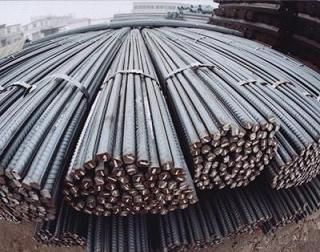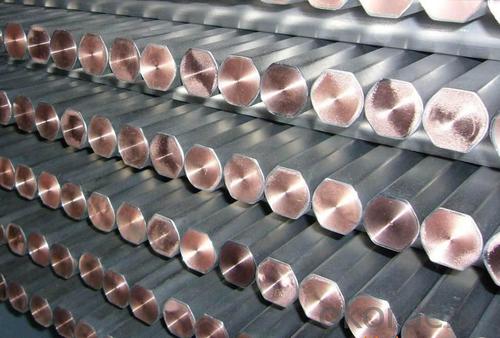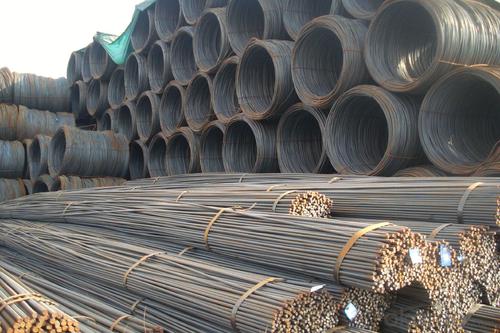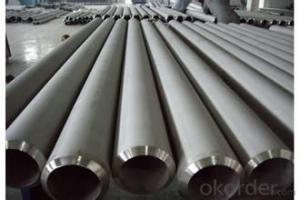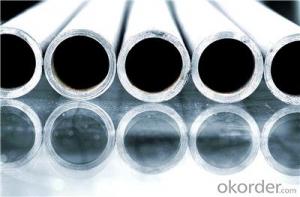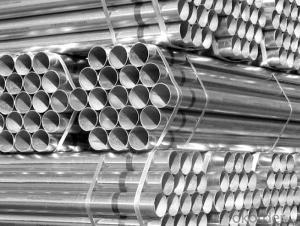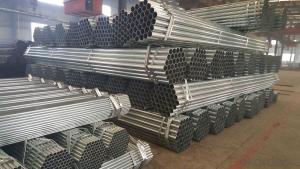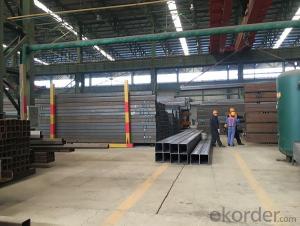Steels Manufacture Building Material Construction with Good Quality
- Loading Port:
- Tianjin
- Payment Terms:
- TT OR LC
- Min Order Qty:
- 100 m.t
- Supply Capability:
- 1000 m.t/month
OKorder Service Pledge
OKorder Financial Service
You Might Also Like
1.Packaging & Delivery
Packaging Detail: | in bundles or as customer's requirement |
Delivery Detail: | Within 30days after receiving your deposit or copy of L/C |
2.Specifications
HRB400,HRB500 Steel Rebars
1.China direct supplier
2.Best service
3.Competitive price
4.Quantity assured
3.Product Description
Name | High Tensile Export Reinforcing Steel Bar ,Deformed Steel Bar ,HRB400B,HRB,46B,HRB500 Building Construction Material |
Standard | ASTM A615 /BS BS 4449 /GB HRB/ JIS G3112 |
Grade | A615 Gr40/60/75 BS 4449 Gr460,B500 GB HRB335,HRB400 ,HRB500
JIS G3112 SD390
|
Diameter | 6mm-40mm |
Length | 6-12m |
Technique | Low temperature hot-rolling reinforcing deformed steel rebar |
Tolerance | As the standard or as your requirement |
Application | Building, construction, road, bridge,etc |
Certificated | BV |
MOQ | 500tons per size steel rebar |
Packing details | Steel rebar packed in bundle or as your requirement |
Delivery | Within 30 days after deposit |
Payment | T/T or L/C |
4.Chemical Composition
Grade | Technical data of the original chemical composition (%) | |||||||
C | Mn | Si | S | P | V | |||
HRB400 | ≤0.25 | ≤1.60 | ≤0.80 | ≤0.045 | ≤0.045 | 0.04-0.12 | ||
Physics capability | ||||||||
Yield Strength(N/cm2) | Tensile Strength(N/cm2) | Elongation (%)
| ||||||
≥400 | ≥470 | ≥14 | ||||||
Grade | Technical data of the original chemical composition (%) | |||||||
C | Mn | Si | S | P | V | |||
HRB500 | ≤0.25 | ≤1.60 | ≤0.80 | ≤0.045 | ≤0.045 | 0.04-0.12 | ||
Physics capability | ||||||||
≥500 | ≥630 | ≥12 | ||||||
5. Theorectical weight
Diameter (MM) | Cross Sectional Area (MM2) | Theorectical Weight (KG/M) | Weight of 12M Bar (KG) | A Ton Contains 12M Bars (PCS) |
6 | 28.27 | 0.222 | 2.664 | 375.38 |
8 | 50.27 | 0.395 | 4.74 | 210.97 |
10 | 78.54 | 0.617 | 7.404 | 135.06 |
12 | 113.1 | 0.888 | 10.656 | 93.84 |
14 | 153.9 | 1.21 | 14.52 | 68.87 |
16 | 201.1 | 1.58 | 18.96 | 52.74 |
18 | 254.5 | 2 | 24 | 41.67 |
20 | 314.2 | 2.47 | 29.64 | 33.74 |
22 | 380.1 | 2.98 | 35.76 | 27.96 |
25 | 490.9 | 3.85 | 46.2 | 21.65 |
28 | 615.8 | 4.83 | 57.96 | 17.25 |
32 | 804.2 | 6.31 | 75.72 | 13.21 |
36 | 1018 | 7.99 | 98.88 | 10.43 |
40 | 1257 | 9.87 | 118.44 | 8.44 |
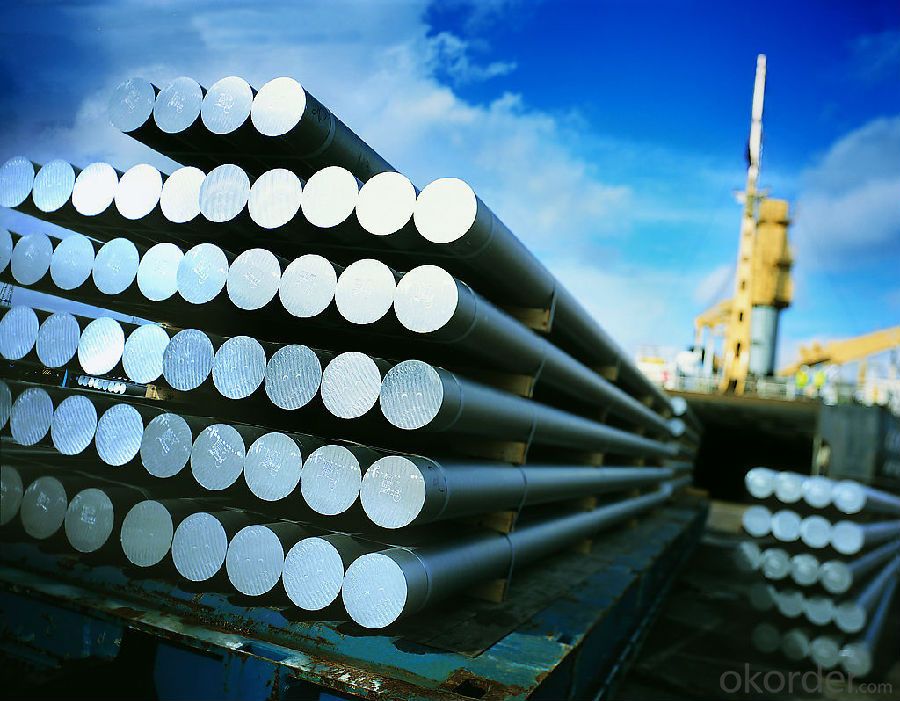
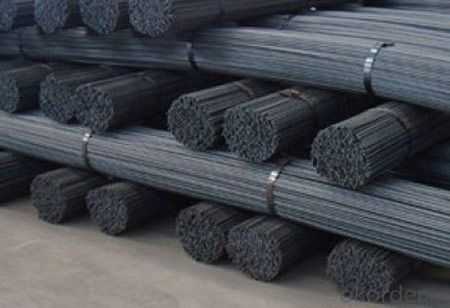
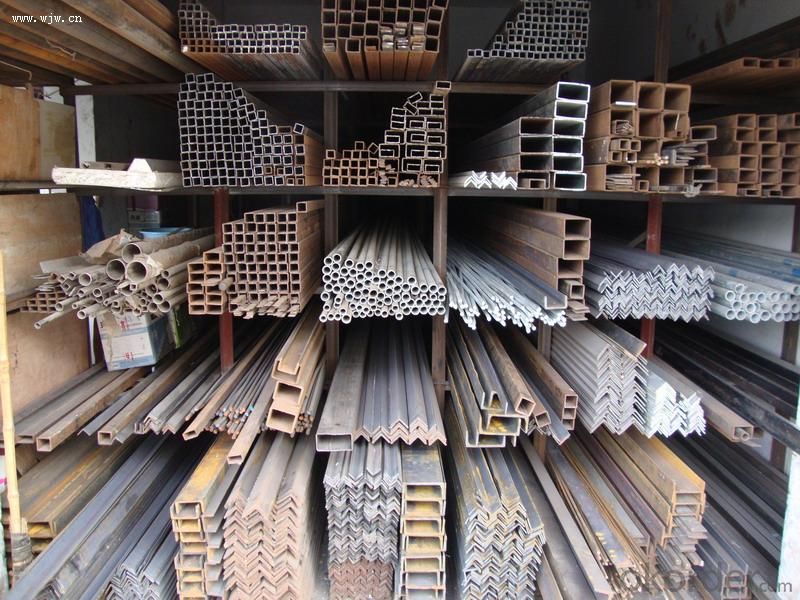
- Q: How are steel pipes threaded for connection?
- Steel pipes are threaded for connection using a threading machine or a die. The pipe is clamped securely into the machine, and a rotating die is then used to cut threads into the pipe's surface. This process creates the necessary grooves and ridges that allow the pipes to be securely connected together.
- Q: What are the factors to consider when selecting steel pipes for a project?
- When selecting steel pipes for a project, there are several factors to consider. These include the pipe's diameter, thickness, and length, as well as its intended use and the specific requirements of the project. Other important factors to consider are the type of steel used, its corrosion resistance, strength, and durability. Additionally, factors such as cost, availability, and environmental impact should also be taken into account. By considering these factors, you can ensure that the selected steel pipes meet the project's needs and perform effectively.
- Q: Can steel pipes be used for underground sewer systems?
- Yes, steel pipes can be used for underground sewer systems. Steel pipes are strong, durable, and resistant to corrosion, making them suitable for underground applications. However, factors such as the type of soil, water composition, and potential for ground movement should be considered to ensure proper installation and longevity of the sewer system.
- Q: What are the different coatings used on steel pipes?
- There are several different coatings used on steel pipes, including epoxy coatings, polyethylene coatings, zinc coatings, and fusion bonded epoxy coatings. These coatings are applied to protect the steel pipes from corrosion and extend their lifespan.
- Q: How are steel pipes connected together?
- Steel pipes are typically connected together through various methods such as welding, threading, and flanging. Welding involves fusing the ends of pipes together using high heat, creating a strong and permanent connection. Threading involves screwing the ends of pipes together using threads, while flanging involves connecting pipes by flaring or bending their ends and securing them with bolts. These methods ensure a secure and reliable connection between steel pipes.
- Q: What are the different grades of steel pipes?
- The different grades of steel pipes vary based on their chemical composition and physical properties. Some commonly used grades include carbon steel pipes (grades A, B, and C), alloy steel pipes (grades P1, P5, P9, and P11), stainless steel pipes (grades 304, 316, and 321), and duplex steel pipes (grades 2205 and 2507). Each grade offers specific characteristics suited for different applications and industries.
- Q: What are the factors affecting the cost of steel pipes?
- The factors affecting the cost of steel pipes include the price of raw materials such as iron ore and coal, the cost of energy and transportation, market demand and supply dynamics, currency exchange rates, manufacturing and labor costs, and any additional taxes or tariffs imposed on steel imports. Other factors may include technological advancements, regulatory compliance, and the overall economic conditions of producing countries.
- Q: What are the different threading options for steel pipes?
- The different threading options for steel pipes include tapered pipe threads (NPT/NPTF), straight pipe threads (NPS/NPSM), and mechanical threads (such as API threads). These threading options provide different levels of sealability, compatibility, and ease of installation, allowing for a variety of applications and connections.
- Q: How to make the steel pipe spray paint is not easy to fall off?
- First, clean the surface of the object to be sprayed (pay attention to whether or not to paint off, which is the key):Remove rust stains, oil and so on, when spraying, the nozzle and spray the best distance is 20cm, should be two times forming, first thin spray again, dry, and then spray second times, this is more uniform, and not easy to hang
- Q: Can steel pipes be used for power plant construction?
- Steel pipes are indeed suitable for power plant construction. They find wide usage in power plants for multiple purposes, including steam, water, and air/gas piping. Their strength, durability, and capacity to endure high temperatures and pressures make them highly recommended. Moreover, steel pipes possess exceptional resistance to corrosion, a crucial factor in power plant settings where various fluids and gases are transported. Furthermore, their easy weldability permits efficient installation and maintenance. In conclusion, steel pipes emerge as a dependable and economical option for constructing power plants.
Send your message to us
Steels Manufacture Building Material Construction with Good Quality
- Loading Port:
- Tianjin
- Payment Terms:
- TT OR LC
- Min Order Qty:
- 100 m.t
- Supply Capability:
- 1000 m.t/month
OKorder Service Pledge
OKorder Financial Service
Similar products
Hot products
Hot Searches
Related keywords
